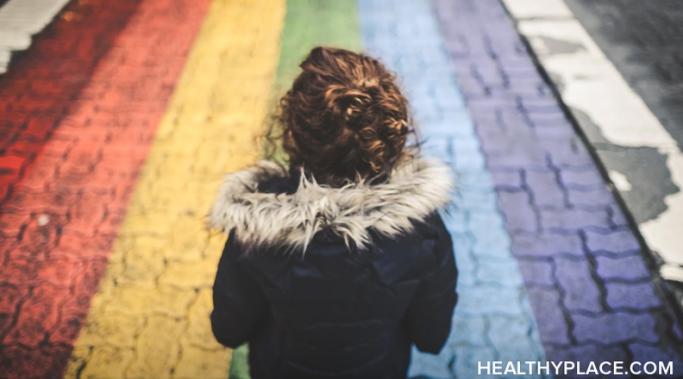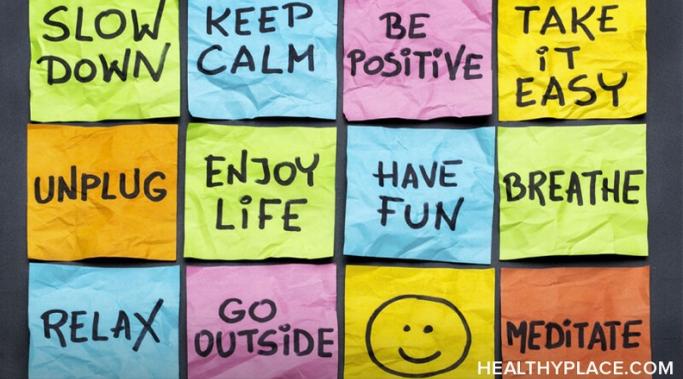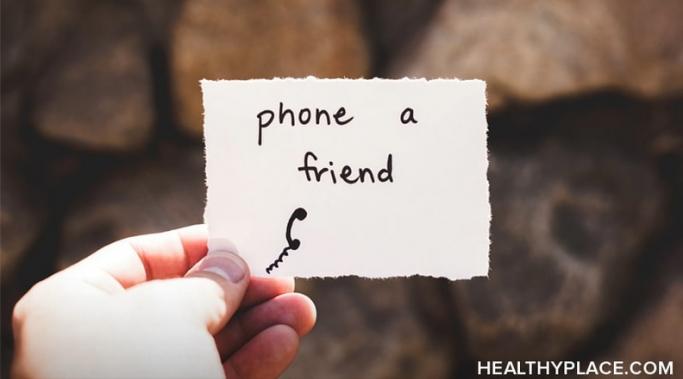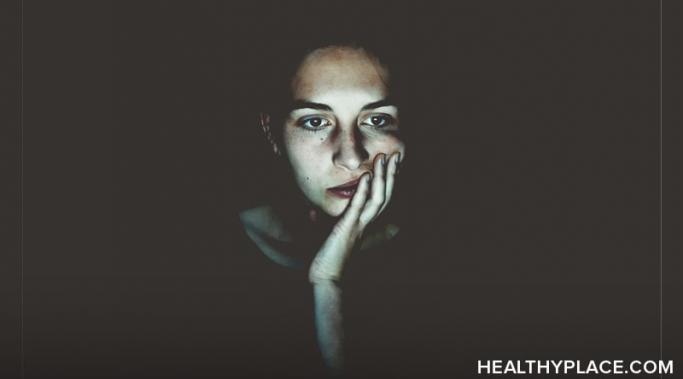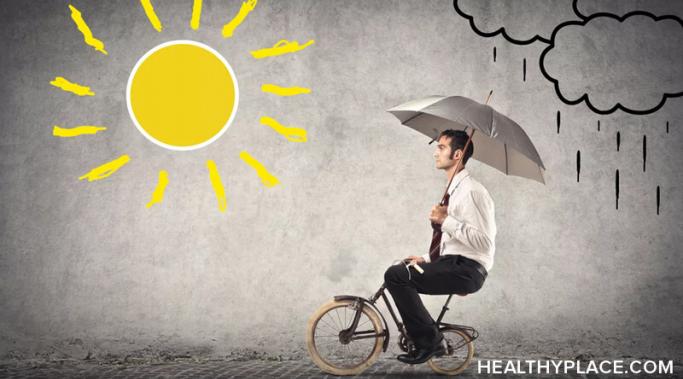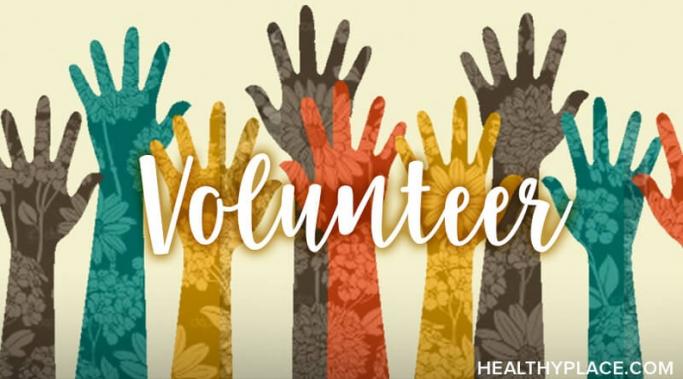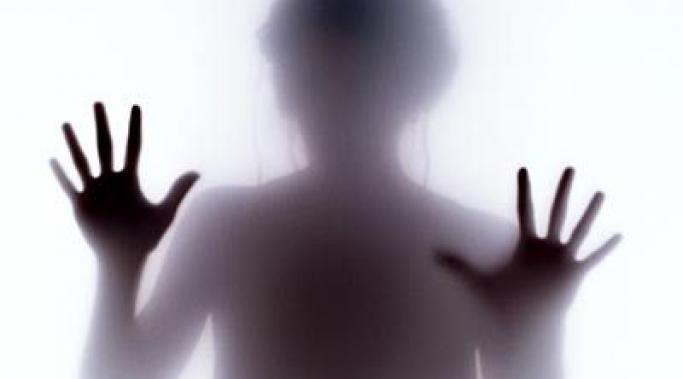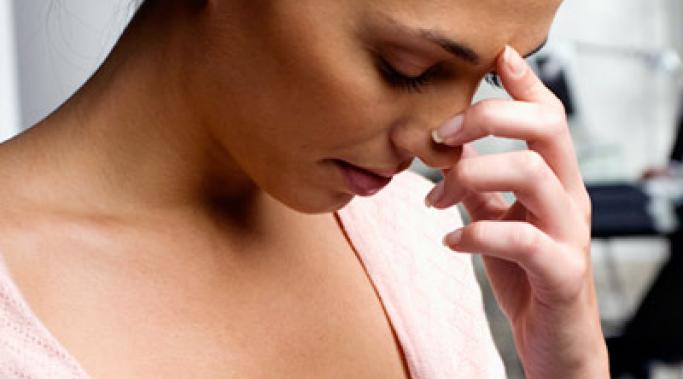I have identified as a lesbian for as long as I have battled anxiety. I came out to my family and friends 13 years ago, unaware that my sexual orientation would be one of the biggest triggers of my anxiety symptoms. Those in the lesbian, gay, bisexual, transgender, queer, intersex, asexual, etc. (LGBTQIA+) community who also have a mental illness face many obstacles regarding public treatment. The constant worry of judgment and non-acceptance when out in public can lead to heightened anxiety. Holding on to what we can control and educating others about our community can help calm this worry.
Anxiety – The life: LGBT
Anxiety makes me ache because it leads me to hold tension in my shoulder and neck area. My anxiety is a frequent occurrence in my life. This means these muscles are tense regularly and have an impact on my physical relaxation. I have used meditation and mindfulness for many years to provide relaxation for my mind. These techniques leave my mind relaxed, but my body tense after moments of anxiety.
Coping with posttraumatic stress disorder (PTSD) is a must-have skillset for many in the lesbian, gay, bisexual, transgender, queer, intersex, asexual, etc. (LGBTQIA+) community because PTSD is more prevalent than we think. The possible trauma endured by these LGBTQIA+ survivors is hate crimes, intimate partner violence and sexual assault. Symptoms of PTSD can include flashbacks of the trauma(s) and a fair bit of anxiety when in triggering situations. This is how my PTSD manifests in my own life.
My anxiety presents itself to me in many physical forms. I can pinpoint the exact onset of an anxiety or panic attack if I pay attention to my body's signals, using a meditative body scan, to help prevent the discomfort.
My coping skills for anxiety used to consist of immersing myself in my community or visiting a friend. I would frequently mix and mingle with my community to lighten the burden anxiety would put on my shoulders. We are now six months into a pandemic that calls for us to isolate and distance ourselves from those who keep us grounded. This lockdown has led me to find creative ways to search out my community as I needed new coping skills for my anxiety.
I'm not alone in using video games like "Animal Crossing" to cope with my mental illness. Ever since the shelter-at-home orders back in February, gamers have been purchasing the Nintendo Switch faster than they can be physically made. Video games became a form of escapism, and what was once a pastime became a coping mechanism for those stuck at home. While I’ve been trapped in my apartment in this pandemic, no Nintendo Switch game has been more useful for exploring and coping with my mental illness than "Animal Crossing."
As an autistic person, I have been told many times that I am “sensitive.” My whole life, the smallest of inconveniences or changes in plan can bring me to tears. Getting stuck in the rain would cause a full meltdown. I’ve even had a doctor dismiss my symptoms and tell me “you’re just too sensitive.”
The murder of George Floyd sparked an unprecedented civil rights movement and has changed our country dramatically. The face of the Internet has been completely reshaped, and discourse about racism is at the forefront of all of our conversations. Sometimes, especially for the mentally ill, the amount of information whizzing by is overwhelming.
I find myself in a paradox lately. I have always been extremely accepting of others who are different, especially those who are lesbian, gay, bisexual, transgender, and queer (LGBTQ). But it's been extremely hard for me to accept that I am genderqueer. While this is common with people who suffer from mental illnesses, it is a huge problem with LGBTQ individuals. LGBTQ people have a much harder time with self-acceptance thanks to a hostile environment that does not accept their sexuality and gender identity. In short, gender dysphoria affects my depression.
For the past few months, I have struggled to accept my gender identity and the fact that I am genderqueer. I've been having a hard time trying to label my gender identity, especially since our society puts only two labels to gender: man or woman. Thanks to the social websites like Tumblr, though, I am starting to see that there are other people just like me out there.
